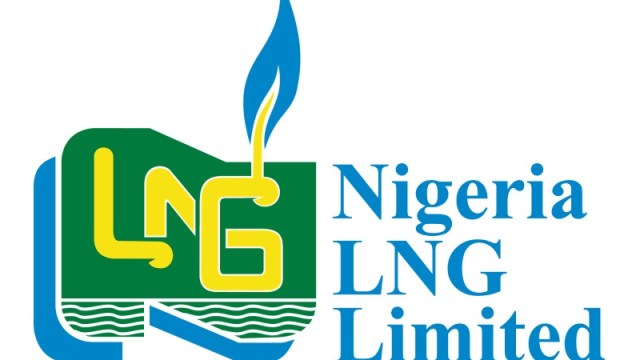The Nigeria LNG Limited (NLNG) says it is not responsible for the supply shortfall of Liquefied Petroleum Gas ( LPG), also known as cooking gas,q and the consequent price hike across the country.
The company made the clarification in a statement issued by its General Manager, External Relations and Sustainable Development, Mrs Eyono Fatayi-Williams on Monday in Lagos.
Fatayi-Williams said it was grossly inaccurate to state that NLNG produces 22 Million Tonnes Per Annum (MTPA) of LPG.
According to her , NLNG is primarily an export company that produces 22 MTPA of Liquefied Natural Gas (LNG) and five MTPA of Natural Gas Liquids (NGLs).
She said: “The price of LPG in the domestic market is dependent on several market factors, including the forces of demand and supply.
“On the supply side, NLNG plays a pivotal role in the Nigerian domestic LPG market in line with the commitment it made to help deepen the market.
“Recently, the company increased the volume of its annual commitment to the market from 350,000 to 450,000 metric tons, which is about 100 per cent of its Butane production.
” Butane gas is less volatile and is, therefore, suitable for cooking. In 2020 alone, NLNG supplied over 80 per cent of its LPG sales (Butane/cooking gas) to the Nigerian market.
“By committing 100 per cent of its Butane production, NLNG has prioritised the domestic market, thus realising its domestic supply target safely.”
Fatayi-Williams said NLNG’s current maximum Butane production meets about 40 per cent of domestic demand.
She said the balance was supplied by other domestic producers or via imports because NLNG’s production alone was not sufficient.
“In order to achieve its aspiration for the domestic supply, a dedicated 13,000 metric ton vessel, LPG Alfred Temile, delivers the product to the market through Lagos and Port Harcourt terminals.
“The vessel’s delivery to these terminals are occasionally hampered by challenges at the terminal, including storage capacity, terminal access, draft restrictions and prioritisation of other products over LPG.
“NLNG’s domestic LPG pricing is most competitive compared to all other alternatives (imported and domestic supply).
“However, it is important to note that several factors such as Value Added Tax, Forex, etc., impact the pricing of the product which is indexed to the international pricing model,” Fatayi-Williams said.
She noted that NLNG’s drive towards deepening the domestic LPG market was pivotal in line with NLNG’s vision of helping to build a better Nigeria.
Fatayi-Williams said the company was optimistic that the eventual completion of its Train 7 Project would further provide deepening the domestic LPG market.
NLNG clarifies role in domestic LPG market
RELATED ARTICLES




